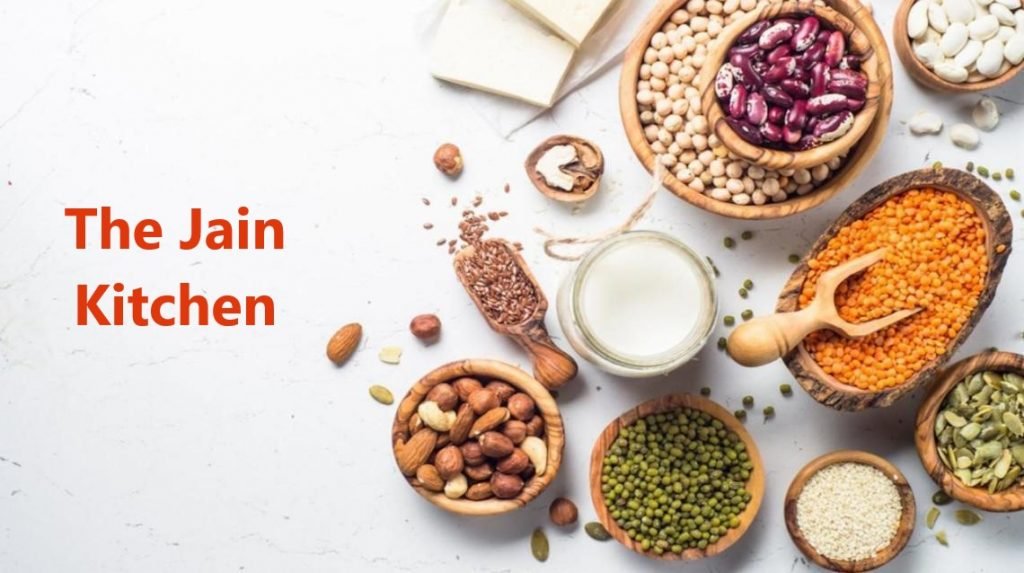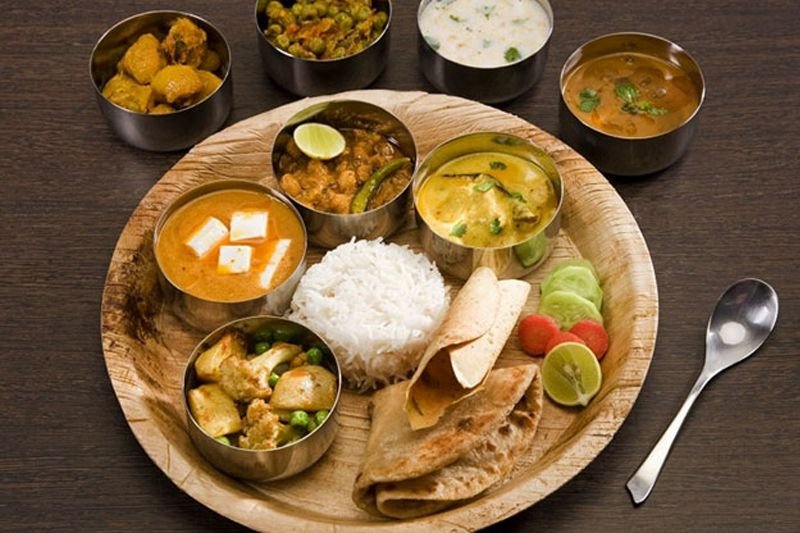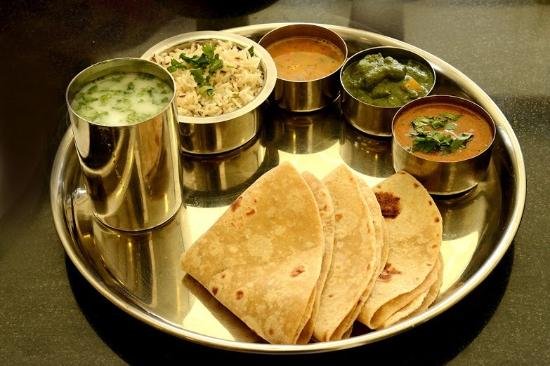
Jainism, an ancient religion originating from India, is known for its stringent dietary practices. Rooted in the principles of non-violence and respect for all living beings, the Jain diet is purely vegetarian and excludes certain plant-based foods as well. While these practices may seem restrictive, they offer a range of health benefits, making the Jain diet not just a spiritual choice, but a healthy lifestyle option. This blog post aims to delve into these dietary practices and explore their health benefits.
The Principles of the Jain Diet: A Commitment to Non-Violence
Central to the Jain diet is the principle of Ahimsa, or non-violence. This extends to dietary choices, leading to a strictly vegetarian diet. Jains believe in causing minimal harm to living beings, which includes plants. As a result, foods that involve unnecessary harm to plants, such as root vegetables, are also excluded.
The Exclusion of Root Vegetables: Protecting Microbial Life
Jains avoid root vegetables like onions, potatoes, and garlic as harvesting these involves uprooting and killing the entire plant, which goes against their principle of minimizing harm. Moreover, root vegetables are believed to host a multitude of microorganisms, and consuming them would equate to harming these life forms.
Fasting: A Practice of Self-Discipline and Detoxification
Fasting is a common practice in Jainism, often undertaken for spiritual purification. However, it also offers numerous health benefits. Fasting can aid detoxification, promote weight loss, improve insulin sensitivity, and enhance brain function.
Health Benefits of the Jain Diet: A Nutritional Perspective
Despite its restrictions, the Jain diet can be highly nutritious. The emphasis on fresh fruits, vegetables, legumes, and whole grains ensures a high intake of fiber, vitamins, and antioxidants. This plant-based diet can lower the risk of chronic diseases like heart disease, diabetes, and certain cancers.
Conclusion: The Jain Diet – A Healthy Lifestyle Choice
While the Jain diet stems from spiritual beliefs, its health benefits are backed by modern nutrition science. It offers a unique blend of ethical eating and healthful living, making it a lifestyle choice worth considering.


